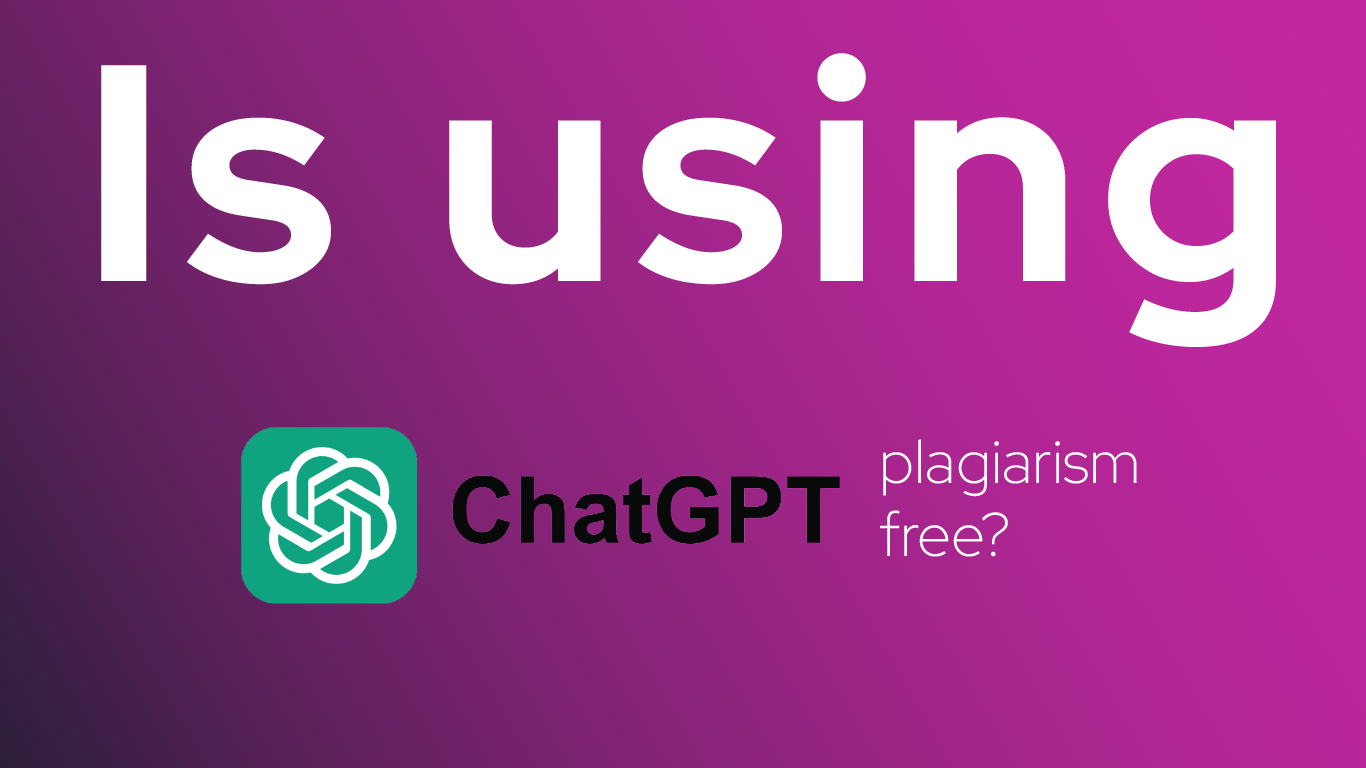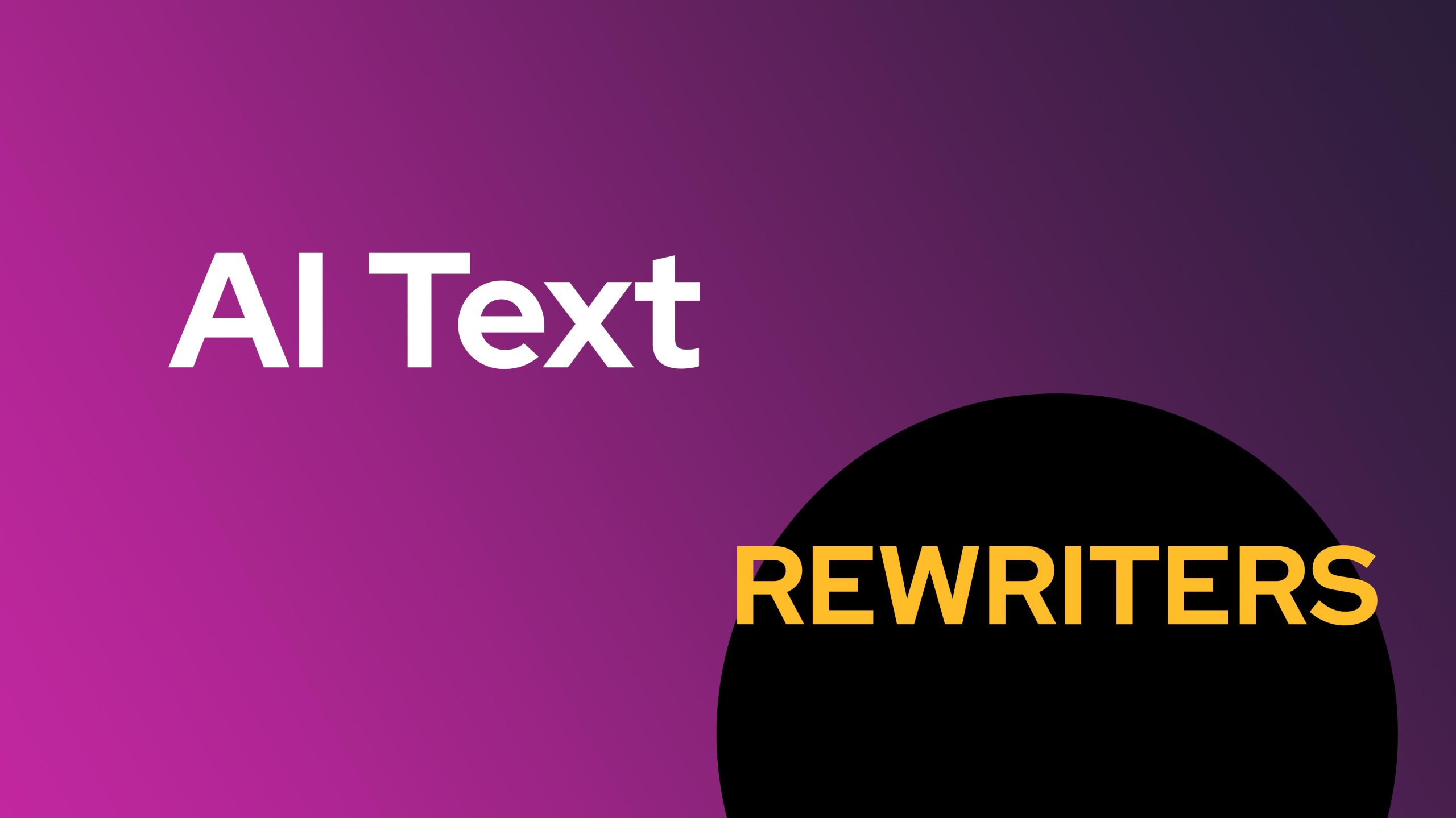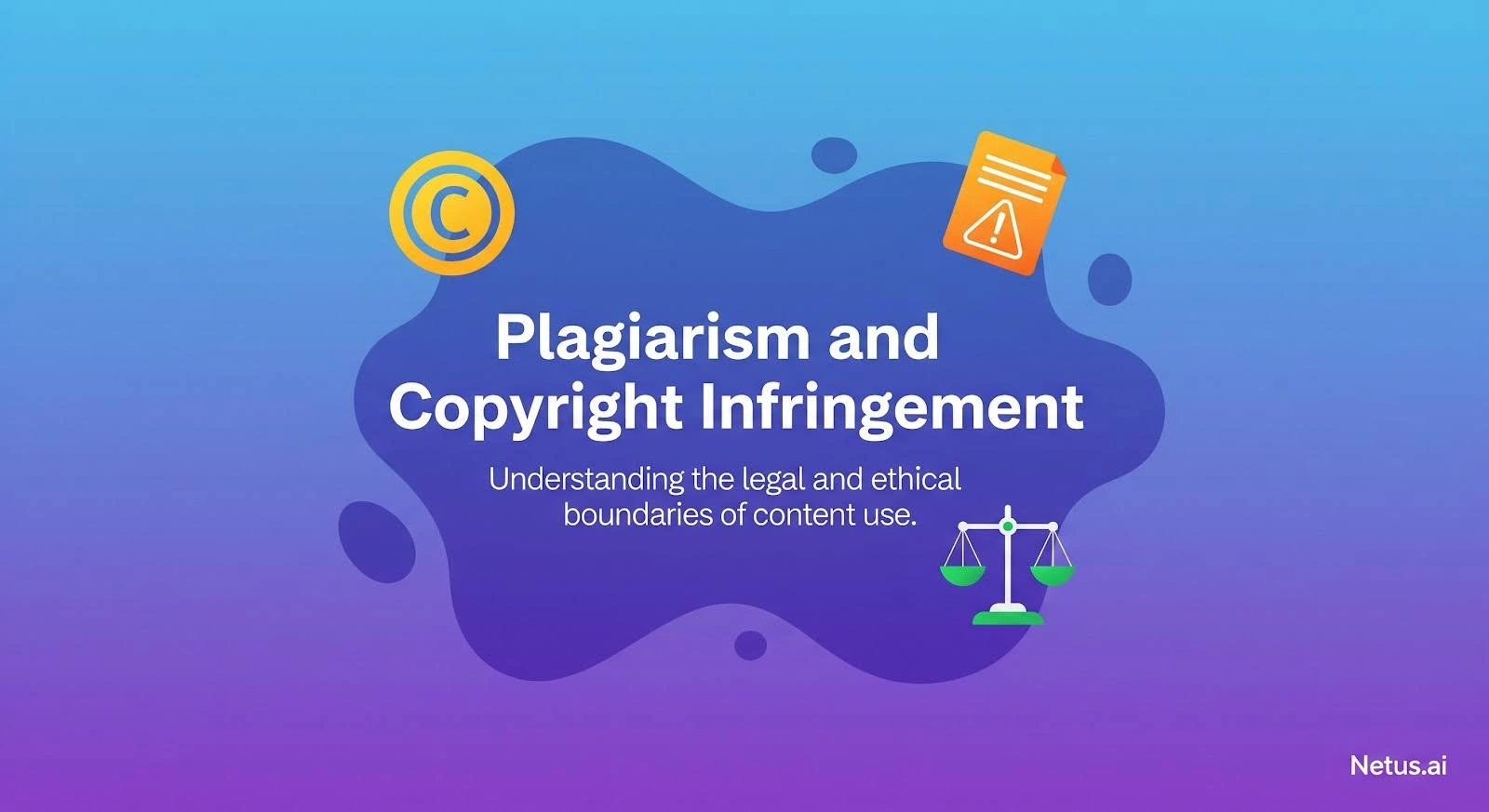The rapid advancement of artificial intelligence (AI) has significantly impacted various industries, particularly in the realm of content creation. ChatGPT, one of the most popular AI tools developed by OpenAI, has become a go-to resource for generating text, aiding in writing tasks, and providing information. However, as its usage becomes more widespread, questions about the originality of AI-generated content have emerged. This article explores whether ChatGPT-generated content can be considered plagiarism-free, the ethical implications of using AI in writing, and how tools like Netus AI can help ensure that AI-assisted work maintains academic and professional integrity.
Is Using ChatGPT Plagiarism?
ChatGPT is a highly advanced language model that generates text by predicting word sequences based on extensive training data. Unlike traditional plagiarism, where content is copied directly from a source, ChatGPT generates new text by analyzing patterns and relationships between words within its training data. This process raises the question: Can the content produced by ChatGPT be considered truly original?
How Does ChatGPT Work?
ChatGPT operates by utilizing a large dataset of text from various sources, including books, articles, and websites. The model does not store specific texts but rather learns patterns and linguistic structures from the data. When a user inputs a prompt, ChatGPT predicts the most likely word sequence to follow based on its training. This generative process means that the output is not a direct copy of any particular source, thus minimizing the risk of traditional plagiarism.
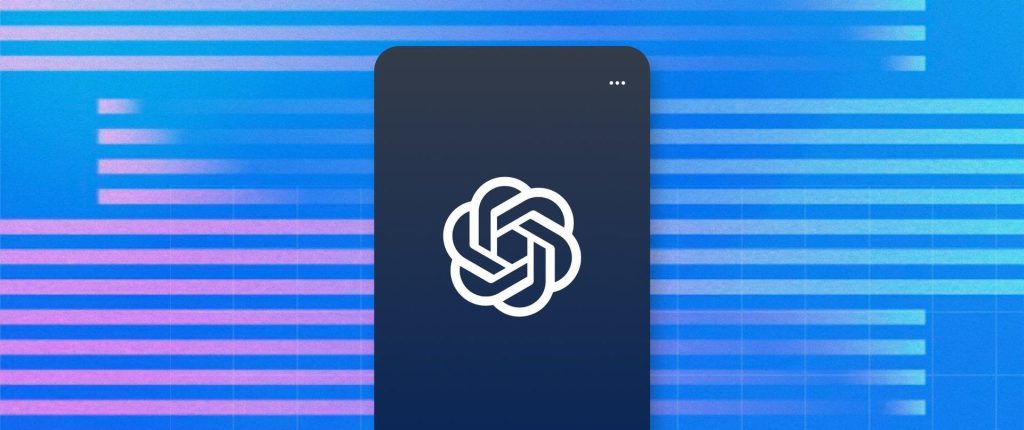
However, since ChatGPT relies on the data it has been trained on, there can be instances where the generated text closely resembles existing content, especially on common topics. While the text may not be a verbatim copy, the ideas and structure could be similar to existing works, raising concerns about the originality of the content.
ChatGPT Plagiarism Concerns
Despite ChatGPT’s ability to generate text that is not directly copied, users have reported various issues related to plagiarism, especially in academic settings. For instance, some educators and students have observed that AI-generated text can sometimes include inaccurate quotations or fabricated sources, which can lead to serious academic consequences. In one case shared on Reddit, a student received a failing grade because ChatGPT provided incorrect citations for an English essay. Although the content was not plagiarized in the traditional sense, the inaccuracies led to severe repercussions, highlighting the importance of verifying AI-generated content.
ChatGPT AI-Generated Text and Plagiarism
The integration of AI tools like ChatGPT in academic environments has sparked debates about the implications for academic integrity. While ChatGPT can aid in generating content, it also poses challenges in maintaining originality and ensuring that the work submitted by students is their own.
Academic Plagiarism Detection Tools
Educational institutions often rely on plagiarism detection software, such as Turnitin and GPTZero, to identify content that may have been generated by AI. These tools analyze text for patterns typical of AI writing, such as uniform sentence structures and overuse of specific phrases. While these tools are becoming more sophisticated, they are not foolproof and may sometimes fail to accurately distinguish between human and AI-generated text.
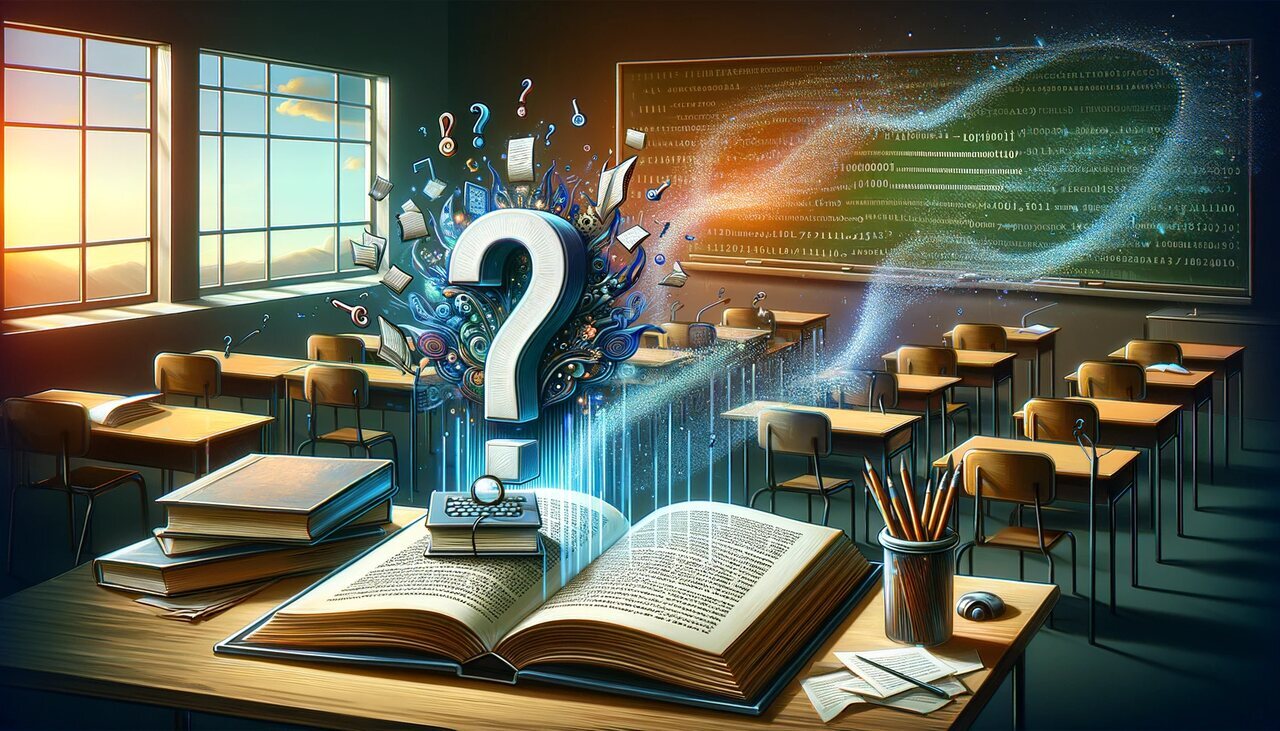
Furthermore, as AI detection tools continue to evolve, they are likely to become more adept at identifying subtle similarities between AI-generated content and existing sources. This advancement poses a challenge for students who rely heavily on ChatGPT, as their work may be flagged for lacking originality.
ChatGPT and Original Content
A common criticism of AI-generated content is that it often lacks the depth, nuance, and originality that human-written content provides. AI models like ChatGPT can produce coherent and contextually appropriate text, but they may not be able to generate the unique insights and perspectives that come from human experience. In academic writing, where original thought and critical analysis are highly valued, the limitations of AI-generated content become particularly evident.
One of the key concerns is that students might use ChatGPT to produce essays and research papers without fully engaging with the material. This practice not only undermines the educational process but also raises questions about the ethical use of AI in academic settings.
Perfecting AI-Generated Text with Netus AI
To address the challenges posed by AI-generated content, some users have turned to tools like Netus AI. Netus AI is a paraphrasing tool that can rephrase AI-generated text, making it less likely to be flagged by plagiarism detectors. By modifying the language and structure of the text, Netus AI helps ensure that the content appears more original and aligns better with academic standards.
Netus AI for Paraphrasing
Netus AI works by taking the text generated by ChatGPT and rephrasing it in a way that reduces its similarity to existing content. This process helps to lower the similarity index when the text is run through plagiarism detection software, thereby reducing the risk of being flagged for potential plagiarism. For example, a user on Reddit reported that using Netus AI to paraphrase a five-page essay reduced the similarity score from 3% to less than 1%, making the content appear more original.
Netus AI For Generating Plagiarism Free Content
The effectiveness of Netus AI lies in its ability to produce text that retains the original meaning while significantly altering the wording and structure. This capability is particularly useful for academic and professional writing, especially since its a Humanizer AI, where maintaining originality is crucial. However, it is essential to note that while Netus AI can enhance AI-generated content, users should still exercise caution and review the output to ensure it aligns with their intended message and tone.
Best Practices for Using AI Tools in Writing
As AI tools become more integrated into writing processes, it is important to follow best practices to ensure that the content produced is both original and ethically sound.
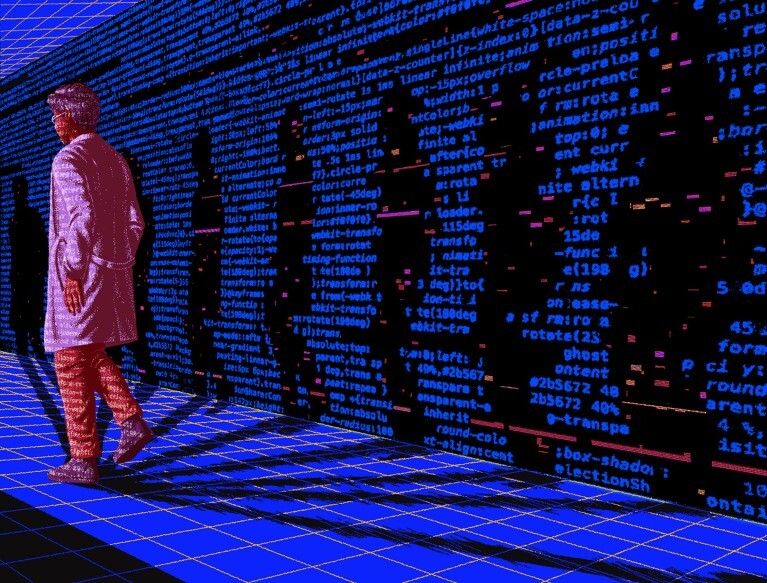
Always Cross-Check Information
AI tools like ChatGPT can generate text that is coherent and contextually appropriate, but they are not always factually accurate. Users should verify all information with reliable sources to avoid spreading misinformation or relying on fabricated data.
- Credit AI Contributions
When using AI tools to assist in writing, it is essential to be transparent about their use. Crediting AI contributions helps maintain academic integrity and avoids accusations of plagiarism.
- Use AI as a Tool, Not a Crutch
AI should be used to enhance writing, not replace original thought and creativity. Users should incorporate AI-generated content as a supplement to their work, ensuring that their unique voice and perspective remain evident throughout.
- Utilize Paraphrasing Tools
Tools like Netus AI can help refine AI-generated text, making it more suitable for academic or professional use. However, it is crucial to review the paraphrased content to ensure it accurately reflects the intended meaning and tone.
Is ChatGPT Plagiarism-Free? – FAQ
Is it possible for ChatGPT content to be entirely plagiarism-free?
While ChatGPT-generated content is not directly copied, it can sometimes resemble existing text due to its reliance on training data. To ensure originality, users should verify and paraphrase the content as needed.
Can AI detection tools accurately identify ChatGPT-generated content?
AI detection tools like Turnitin and GPTZero are becoming more sophisticated, but they may not always accurately distinguish between human and AI-generated text.
What is an acceptable plagiarism score for ChatGPT-generated content?
Generally, a plagiarism score below 10% is considered acceptable for academic work, but this can vary depending on institutional guidelines.
How can I ensure the originality of content generated by ChatGPT?
Use paraphrasing tools like Netus AI, cross-check facts with reliable sources, and ensure proper citation of any referenced material.
Can I use ChatGPT for commercial purposes?
Yes, but users should adhere to OpenAI’s terms of service and ensure that the content is original and does not infringe on intellectual property rights.
No, ChatGPT does not automatically cite sources. Users should manually check and cite sources if the content generated includes factual information.
Is it ethical to use ChatGPT for writing academic papers?
It is ethical as long as the user is transparent about using AI and ensures that the final work is original, well-cited, and reviewed for accuracy.
How can I avoid plagiarism when using ChatGPT?
Verify the content with plagiarism detection tools, use paraphrasing tools like Netus AI, and ensure that your final submission is original.
Can ChatGPT generate completely unique content?
While ChatGPT can generate content that is not directly copied, the ideas and structure may still be similar to existing content. Paraphrasing and editing can help enhance originality.
Is ChatGPT content reliable for academic use?
ChatGPT content can be a useful starting point, but it should be fact-checked and supplemented with original research and analysis to meet academic standards.

